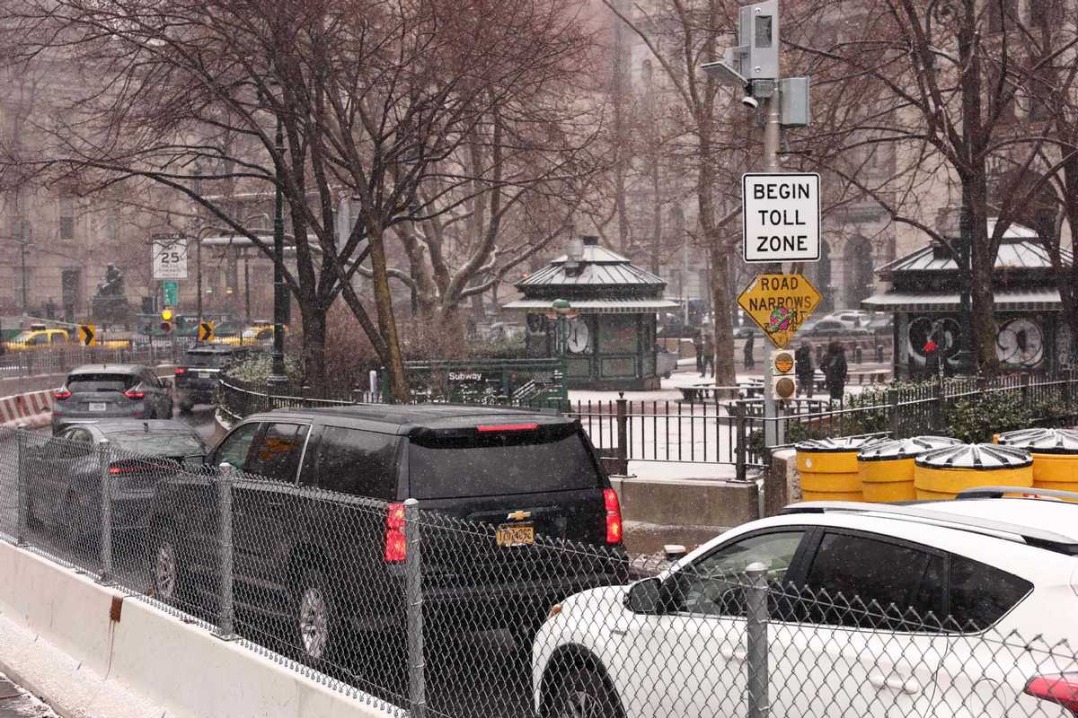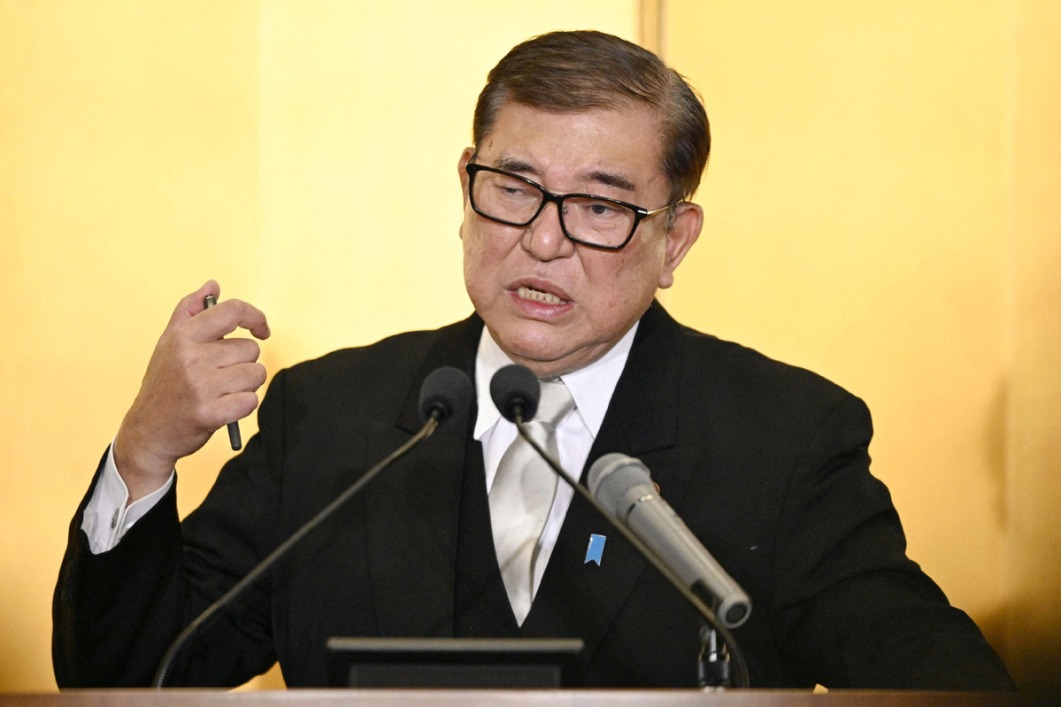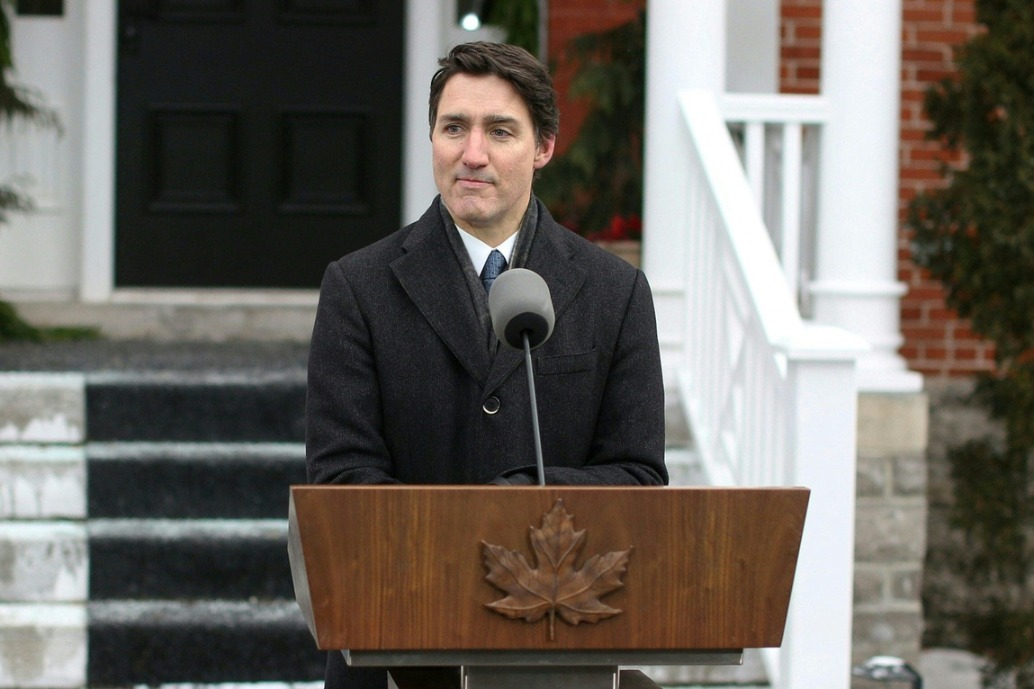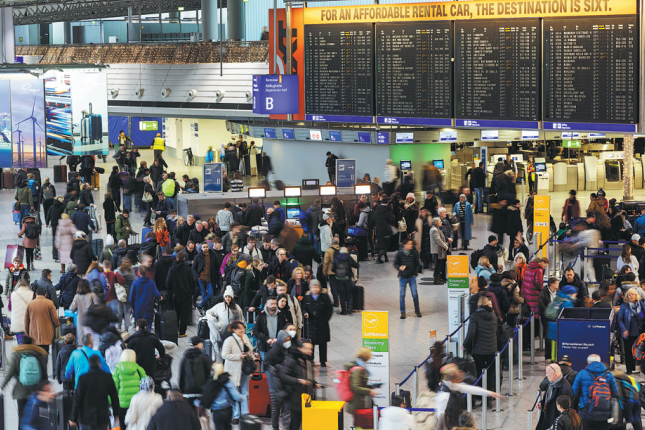New Year celebrations enter global mainstream

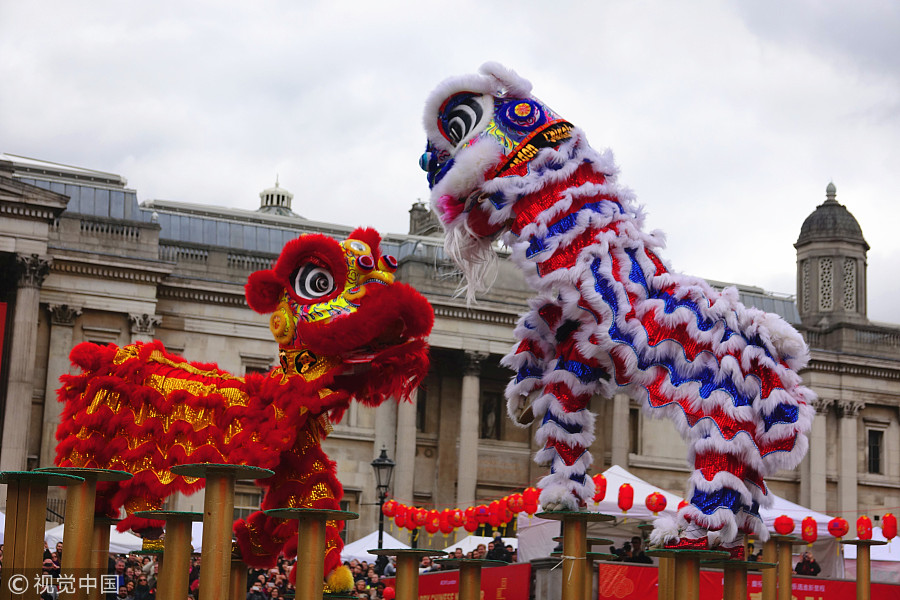
Sadiq Khan, the mayor of London, added that Chinese New Year is always a joyous time on the city’s cultural calendar.
“London is open to all people and all communities. That’s why I’m so proud of the Chinese New Year festivities here in the capital,” said Khan.
In Brussels, 200 red lanterns illuminated the city as a prelude to the seven-day Chinese Lantern Festival, which starts on Feb 22.
The lanterns were set in five places in Brussels, including the Grand Place and Central Station. The lanterns show the beauty of Chinese architecture, artifacts and landscapes with traditional craftsmanship.
“The lanterns were all made in China, and we used 12 containers to bring them to Brussels,” said Yang Mingxin, the engineering project manager of Zigong Lantern Culture Industry Group of Sichuan province.
Ariana Fonteyne said: “Each year, we come to the center to see the parade and performance. My father has been interested in the Chinese for a very long time. He has introduced Chinese culture to me, my mother and my brother.”
The family, which lives in Belgium, has celebrated Chinese New Year for 15 years. “I love the character of the dragon and the strong colors and impressive dances. It’s something really different from my own culture. It’s magic,” she said.
In San Francisco, the New Year was ushered in at California’s state buildings, a tradition for 14 years. Chinese Consul General Luo Linquan wished the community an auspicious New Year.
Various festivities are being held in the San Francisco Bay Area throughout February and in early March.
The San Francisco Symphony will hold its 18th annual Chinese New Year Concert, and a Chinese New Year Celebration will be held during an NBA game between the Golden State Warriors and the Oklahoma City Thunder later in the month.
“The celebration of the Lunar New Year was brought to California by early Chinese immigrants who started to arrive during and shortly after the Gold Rush and has been very important for the Chinese in the US,” said Yong Chen, a history professor at the University of California, Irvine.

















